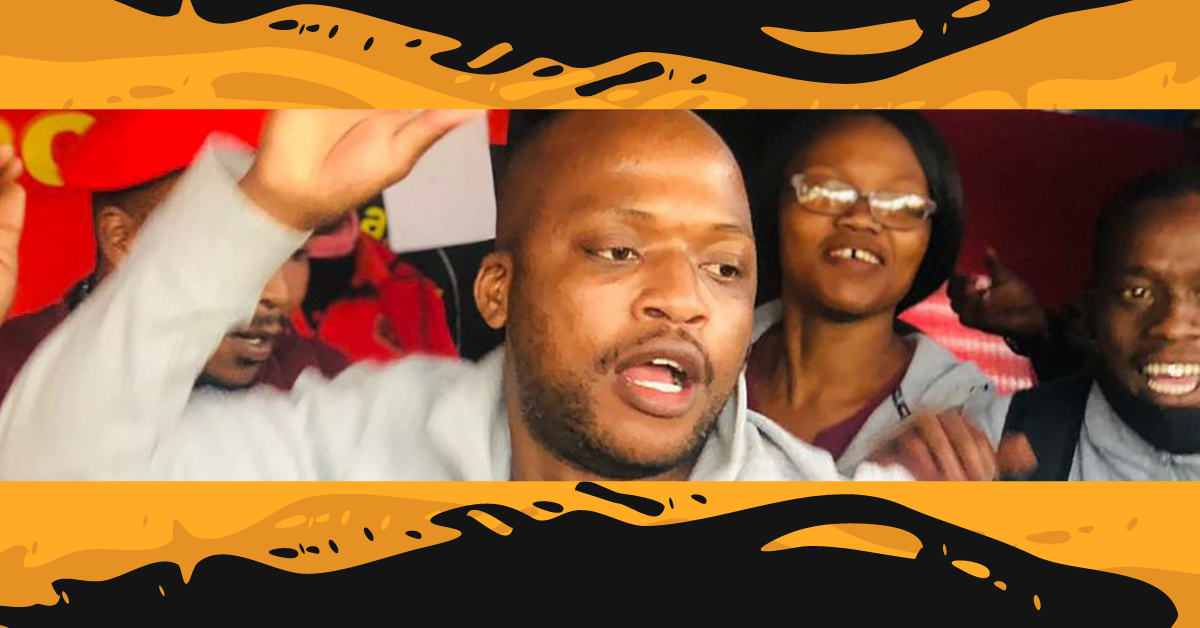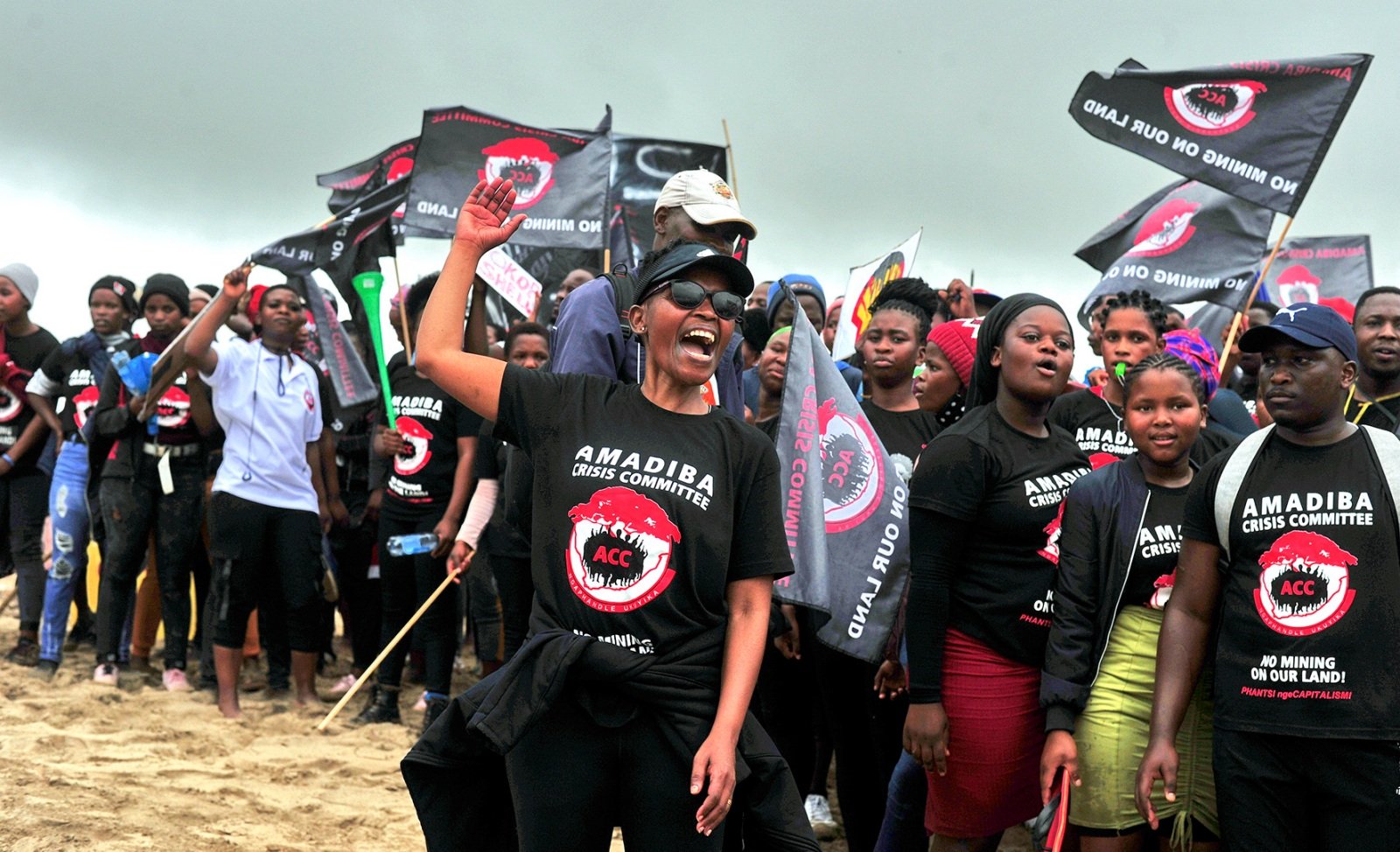Doing Money Differently: An AiD perspective on philanthropy

Guest post by Zahra Dalilah, former African Diaspora Partnerships Manager
When I began building out a program of work for Africans in the Diaspora (AiD), the word philanthropy kept sneaking up on me and disappearing as quickly as it appeared. Each time leaving me feeling unsettled or irritable as with a mild but persistent allergic reaction.
The internet gives the following definitions for philanthropy: phi•lan•thro•py fĭ-lăn′thrə-pē
-
n. The effort or inclination to increase the well-being of humankind, as by charitable aid or donations.
-
n. Love of humankind in general.
-
n. Something, such as an activity or institution, intended to promote human welfare.
I spent a lot of time considering where I saw AiD in these descriptions. Yes, to a focus on well-being, yes to being grounded in the love of humankind. But charitable aid? Absolutely not.
AiD is precisely the antithesis to what has become of all things ‘charitable’ and ‘aid’. Undermining and presenting alternatives to the neocolonial paternalism which is rife across traditional philanthropy has been central to AiD’s mission since its inception. I struggled to find work taking place in the philanthropy space which I felt spoke to the mission and vision of AiD even though by definition philanthropy would, or should, on some level be AiD’s home.
So if a network of Africans are in regular engagement and broadly support an aligned vision, and if some members of that network are handing over cash in support of that vision – is that person a philanthropist? Are we building a network of philanthropists?
“Wealth is not a personal achievement, but a shared resource”
Digging deeper into my dissatisfaction with the term ‘philanthropy’ I rediscovered the writings of British Iranian artist Lisa Luxx. In her exploration of the economy of sisterhood she offers the statement – wealth is not a personal achievement, but a shared resource – as a mantra to repeat to yourself as often as possible. When I began working in philanthropy I had it stuck up on my wall as a reminder to myself to hold in perspective the meaning of my access to money and power.
Capitalism relies on individuals buying into the false notion of meritocracy. The belief that we work to attain what we deserve encourages us to believe that wealth is a personal achievement and a sign of worth and importance. I was determined when I entered into philanthropy, driven by the principle of equity which had guided my work thus far, to challenge this in myself and in the sector and to shake out some of the baggage that came with the exchange of money under those pretences.
Africans in the Diaspora, is about building connection and solidarity between Africans everywhere, on the continent and in the diaspora. There are inherent power dynamics at the core of the project, namely Thousand Currents’ Africa team’s decision-making role on everything from who our movement partners are, to that the foundation is headquartered in the United States and is not an organization made up of only or created by Africans. Yet within all of that, there is still great opportunity to break down some of the assumed inevitability that come with access to resource.
For starters, building a space rooted in African identity beyond geographies, we can begin to rupture the binary between Africans on the continent and in the diaspora, exploring ways to connect beyond being in mere transaction and overcoming rather than exacerbating the (physical) distance between us. We can challenge our assumptions about who ‘has’ and who ‘lacks’ and offer a space which interrogates, and abandons, the idea of transactional giving from where there is much to where there is a lack. Essentially, the network that is generated through AiD aims to change how we relates to the movement of money. It will find ways to ask people to disassociate from their wealth as intrinsic to who they are, in a way philanthropy never does.
‘Giving’ does not inherently represent a parting with what is yours i.e. what is you according to the logic of person-hood in a society built on ownership and accumulation. Instead, heeding Lisa Luxx’s wisdom we are talking about pooling a resource that is of greater use to the collective than the individual. Being frank about who has access to which resources and why is also helpful here. The actions of the nation states in the Global North and their histories of colonial violence has far more to do with this access than our behaviors as individuals.
This all feels like a lot for a fundraising project. Why not just focus on getting rich Black people to give?
Whilst that may be an equally effective fundraising model, it is a political choice to consider how we can actively avoid cultivating systems of Black savior-ism which simply replace their white counterparts. Radical honesty in confronting the ways that the work of Africans has the potential to replicate white systems of harm and oppression is imperative if we are to make way for a space that holds the movement of money differently than how society at large does.
Many philanthropic institutions are stuck in the thinking that moving money is charity, an additional nice thing on top of living a nice life. Their existence is built on the very ‘us and them’, ‘rich and poor’ dynamic that AiD disrupts. For us with alternative economies as one of our key issue areas, being in solidarity with partners working on these issues is embodying a practice built on alternative economic thinking. Challenging and subverting the logic of wealth accumulation is central to both Thousand Currents and Africans in the Diaspora’s work.
Many would respond to my question wondering if AiD is a network of philanthropists with a fervent – yes! – that AiD is demonstrating exactly what a philanthropist should be. That diaspora, have and will always be, the best kinds of philanthropists active in the Global South.
Maybe. I’m not sure that it matters so much what we call it.
What I am sure of is that a priority for AiD is to move and nurture a model of raising funds which centers pooling shared resources for the realization of shared visions. Building pan-African solidarity, must go much further than funds. The skills, brilliance and experience of Africans on the continent and in the diaspora is what is critical to AiD and making this model and this network work. It is our alignment and our mutual visioning for a world beyond capital that will take this project much further than any capital it accrues.
Follow the conversation as we continue to talk money on May 26th at our next edition of Chop It Up, Moving Money, Shifting Power.
Related Stories



